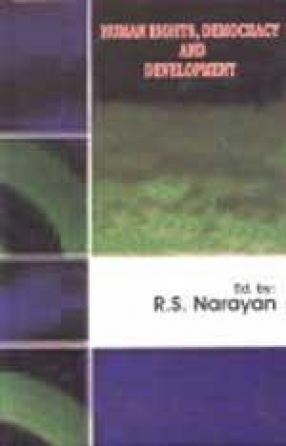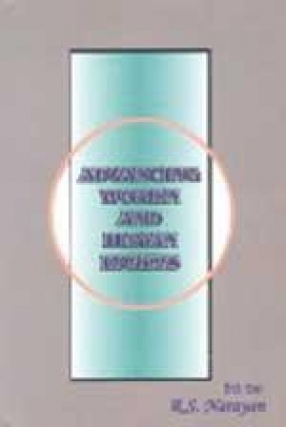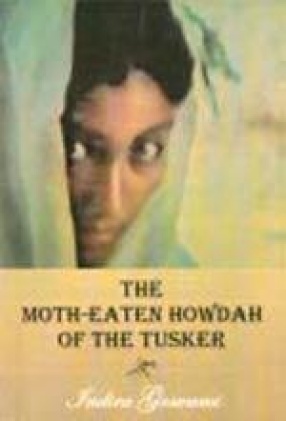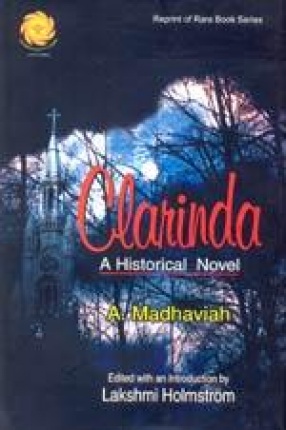Loss of Faith in England & India: A Comparative Study
Synopsis
The Victorian Age was culturally, intellectually and scientifically perhaps the most prolific period of history. It contained the seeds of modernity. It may be appropriate to say that what we find now in the ‘modern age’, is the outgrowth of the scientific spirit of enquiry and creed of rationalism of the Mid-Victorian era. The bewildering scientific discoveries that brought about the Industrial Revolution, changed the thinking, outlook, attitude, temper and conscience of the Victorians. Naturally, different intellectuals, mostly of the sensitive type, reacted differently as a result of free and fearless thinking. Scores of books have been written by scholars, all over the world on the Victorian Age, or the ‘Victorian Doubt’. This era witnessed a revolution which was peaceful and not ‘bloody’, Now-a-days, loss of faith is not shocking as it was during the Victorian era, particularly the 1860’s. Now people can afford to live without it and without any prick of conscience. Was not Tennyson during his early phase bold enough to say: There lies more faith in ‘Honest doubt’, than in all the Creeds. Similarly, Drawin’s doctrine of the ‘Survival of the Fittest’, seems to have become now a sound and pragmatic philosophy. The present book attempts to prove that though loss of faith was not a good thing from the theological point of view, yet it provided artists a powerful stimulus to produce excellent forms of art. In short, it proved very productive in art and in all forms of literature including poetry, prose, particularly novels, and constitutes a golden age. In the history of English literature. In India, there was loss of faith even in ancient times Lokayatas illustrates this as well as Buddhism, Later, reformers, came to rid Hinduism of ritualism, superstition etc.
Read more
21.85
19.665
$
23.00 $
Free delivery Wolrdwidе in 10-18 days
Ships in 2-4 days from New Delhi
Membership for 1 Year $35.00
Get it now and save 10%
Get it now and save 10%
BECOME A MEMBER









Bibliographic information
R.S. Narayan